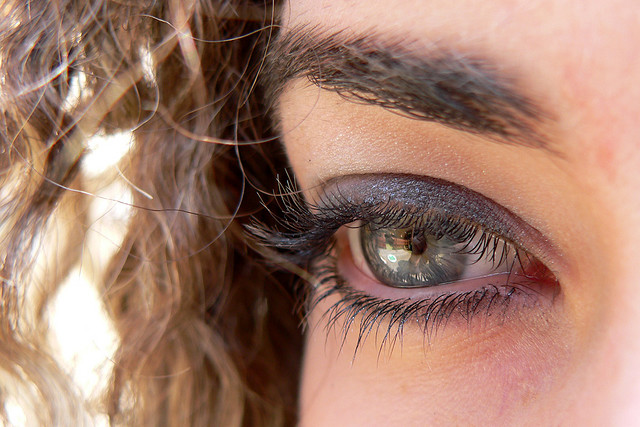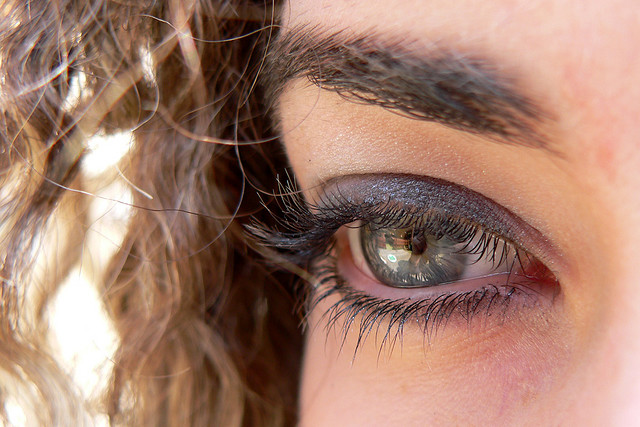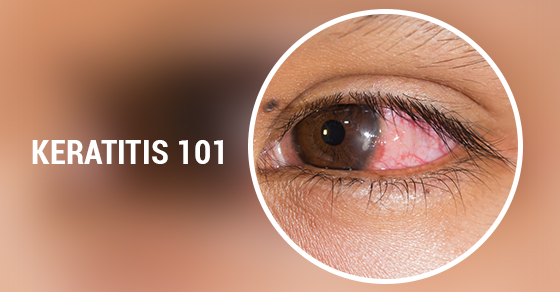Fungal keratitis refers to an inflammation of the eye’s cornea that results from an infective process by multiple pathologic fungal organisms such as Fusarium, Candida and the Aspergillus species or simply, the fungal infection of the anterior part of the eye which covers the pupil. It is a solemn and potentially eyesight threatening corneal disease that develops very fast and if left untreated, can lead to blindness. This eye disease was first illustrated by Leber in the year 1879. The incidence of fungal keratitis has increased over the past 30 years and it has become a diagnostic and therapeutic challenge to many ophthalmologists. The difficulty associated with this disease is the isolation of the etiologic fungal organism, especially the Fusarium species in the laboratory, which should lead to clinical diagnosis methods and effective treatment with the topical antifungal agents. With better diagnostic practices and ailments, this eye infection can be controlled promptly. Read this article to know more about fungal eye infections and their treatment.
Causes of Fungal Keratitis Eye Infection
The most common worldwide cause of fungal keratitis is a filamentous fungi called ‘Aspergillus.’ In the southern United States, the Fusarium species and in the northern United States, the Candida and Aspergillus species play a significant role in causing this eye infection. Here are the other common causes of fungal eye infection.
- Trauma: Trauma is a major cause for development of this fungal eye infection. In about 44% of trauma patients, use of contact lenses or penetration of a foreign body in the eyes is a risk factor for the occurrence of fungal keratitis.
- Injury: If any object scratches the surface of your cornea, normal keratitis
 without an infection may occur. If this keratitis exists with the involvement of fungi, then there will be damage to the corneal surface resulting in severe fungal keratitis.
without an infection may occur. If this keratitis exists with the involvement of fungi, then there will be damage to the corneal surface resulting in severe fungal keratitis. - Contact Lenses: The inhabitation of fungi, bacteria or parasites on the surface of a contact lens contaminates the cornea when it is worn in your eyes. As a result, keratitis occurs. Using homemade solutions or water for cleaning or storing lenses especially those who use extended wear contacts is also a common cause for the attack of keratitis.
- Impure Water: Chemicals in water, especially in swimming pools and accumulation of fungi, bacteria and viruses in rivers, lakes, oceans and hot tubs causes eye infections by damaging the corneal epithelium. If contaminated water enters your eyes when you’re bathing or swimming, it results in keratitis.
- Low Immunity: If you have a compromised immune system due to illness or medications, then there is a higher risk of developing keratitis.
Symptoms of Fungal Eye Infections
Most Fusarium fungus supposed to cause fungal eye infections is found in water, soil and organic matter. Continued effect of this infection may even require a corneal transplant in some cases. Here are the symptoms of fungal keratitis and seek the help of your doctor immediately to reduce your eye infection.

- Eye irritation and redness
- Excess tears or other discharge from your eyes
- Eye swelling and pain
- Feels difficult in opening your eyelid due to pain or irritation
- Blurred vision or decreased vision
- Sensitivity to glare – Photophobia
- Sensation of something in your eyes
Diagnosis of Fungal Keratitis
Your eye care specialist will ask you about the symptoms and signs of fungal eye infections and then conduct an eye examination and perform necessary tests to diagnose fungal keratitis.
- Eye Exam: Your eye specialist will perform a general examination to check the visual acuity of your eyes using a standard eye chart.
- Slit Lamp Exam: Your eye specialist examines your eyes with the help of an instrument called a slit lamp. This device illuminates your functioning of the cornea, iris, lens and the space between the cornea and iris. The intense light of this instrument helps your doctor to visualize the extent of fungal keratitis.
- Laboratory Diagnosis: Your eye specialist collects a sample of your tears or some cells from your cornea for analysis in the laboratory. This diagnosis helps determine the cause of keratitis and resolves the problem.
Treatment and Prevention of Fungal Eye Infections
The treatment for fungal keratitis depends upon the causative factor. If there is a mild injury such as a scratched cornea, there is no need for special treatment. Just an antibiotic ointment is enough to treat your eyes and provide relief.
- Keratitis treatment, which is caused by fungal infection requires antifungal eye drops and oral antifungal medication.
- If it is caused by herpes zoster or the herpes simplex virus, antiviral eye drops or antiviral oral medication will be prescribed by your doctor.
- If an autoimmune disease causes it, topical corticosteroid eye drops suits best for its treatment.
- In order to reduce your risk of contact lens-related fungal eye infections, first you need to wash and dry your hands neatly before you handle your contact lens.
- Use fresh contact lens solution to clean your contact lenses. This helps you reduce the high risk of fungal eye infections.
- Follow the instructions of your eye doctor in case of contact lens storage case replacement.
- Never combine old contact lens solution with a new Always use fresh solution for cleaning the contact lens case.
Lack of education and poor eye care protection impacts the loss of vision with fungal keratitis. If you notice any symptoms or signs of keratitis, make an immediate appointment to visit your doctor right away to prevent serious complications like blindness. It is advisable to follow the guidelines of cornea experts who provide you the best tips to deal with this threatening fungal eye infection and be aware of this eye disease.
Image Credits: seebyiv.com, img.youtube.com, amillionlives.net
